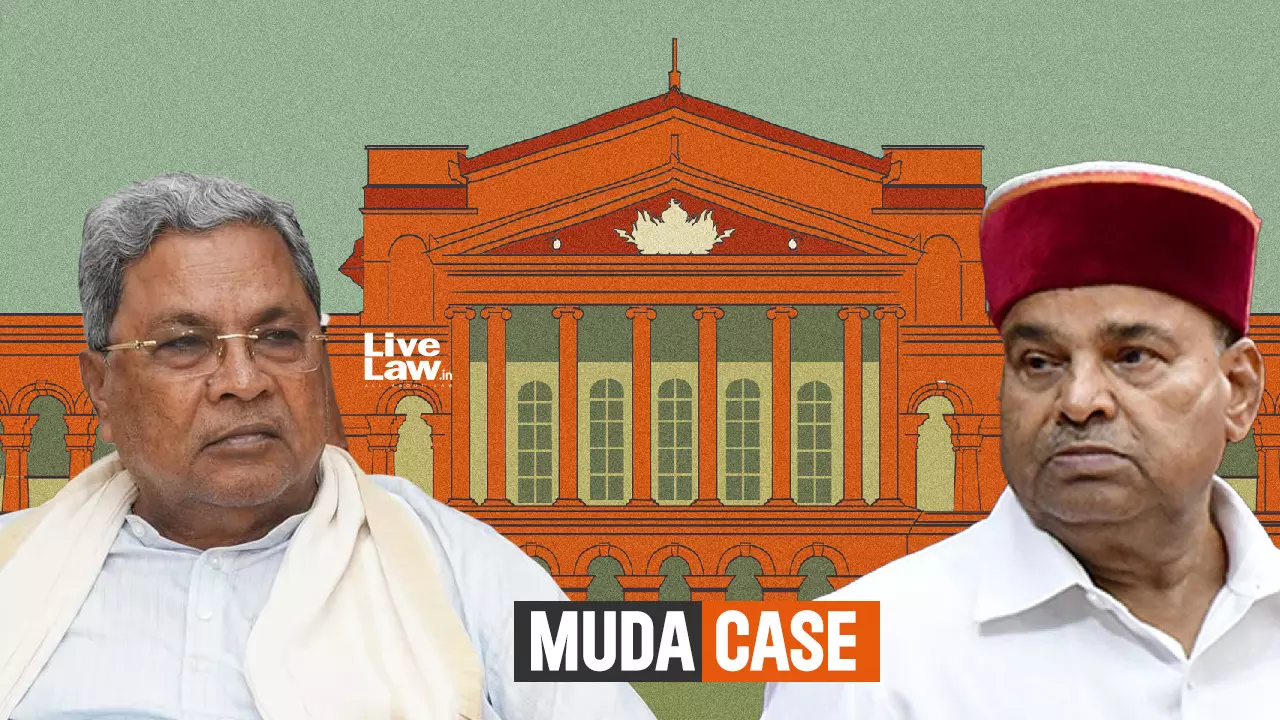 |
|
The Karnataka High Court has ruled in favor of the Governor's decision to grant sanction for the prosecution of Chief Minister Siddaramaiah in an alleged MUDA scam, dismissing the CM's plea against the move. The court's decision hinges on its finding that the cabinet, appointed by the CM, would inherently be biased in favor of their leader, thus justifying the Governor's independent exercise of discretion. The court reasoned that under such exceptional circumstances, the Governor's independent judgment was essential to ensure a fair and unbiased process. The court's judgment delves deep into the principles of bias, particularly the concept of 'apparent bias,' which considers what a reasonable person would perceive as biased behavior. The court concluded that the cabinet, being appointed by the CM, could not be expected to objectively recommend against their leader, rendering their decision potentially biased. Consequently, the court found no fault with the Governor's decision to independently assess the matter, considering the possibility of bias within the cabinet.
The court also addressed the argument that the Governor's decision was made in undue haste. It dismissed this contention by emphasizing that the gravity of the allegations warranted swift action in issuing a show cause notice to the CM. The court further highlighted that the Governor's decision-making process was not devoid of reasons. It noted the detailed documentation in the Governor's files, spanning over 1200 pages, and the meticulous analysis conducted before reaching a decision. The court found that the Governor's decision was based on a thorough examination of the evidence and the relevant legal framework.
The court ultimately upheld the Governor's right to exercise independent discretion in granting sanction for the prosecution, emphasizing the importance of impartiality in such sensitive matters. The decision reinforces the principle of separation of powers, highlighting the Governor's constitutional role as an independent authority, particularly when potential bias exists within the executive branch. This case sets an important precedent in upholding the Governor's authority to act independently in cases involving potential conflicts of interest and ensuring that the principles of justice and fairness are maintained.
